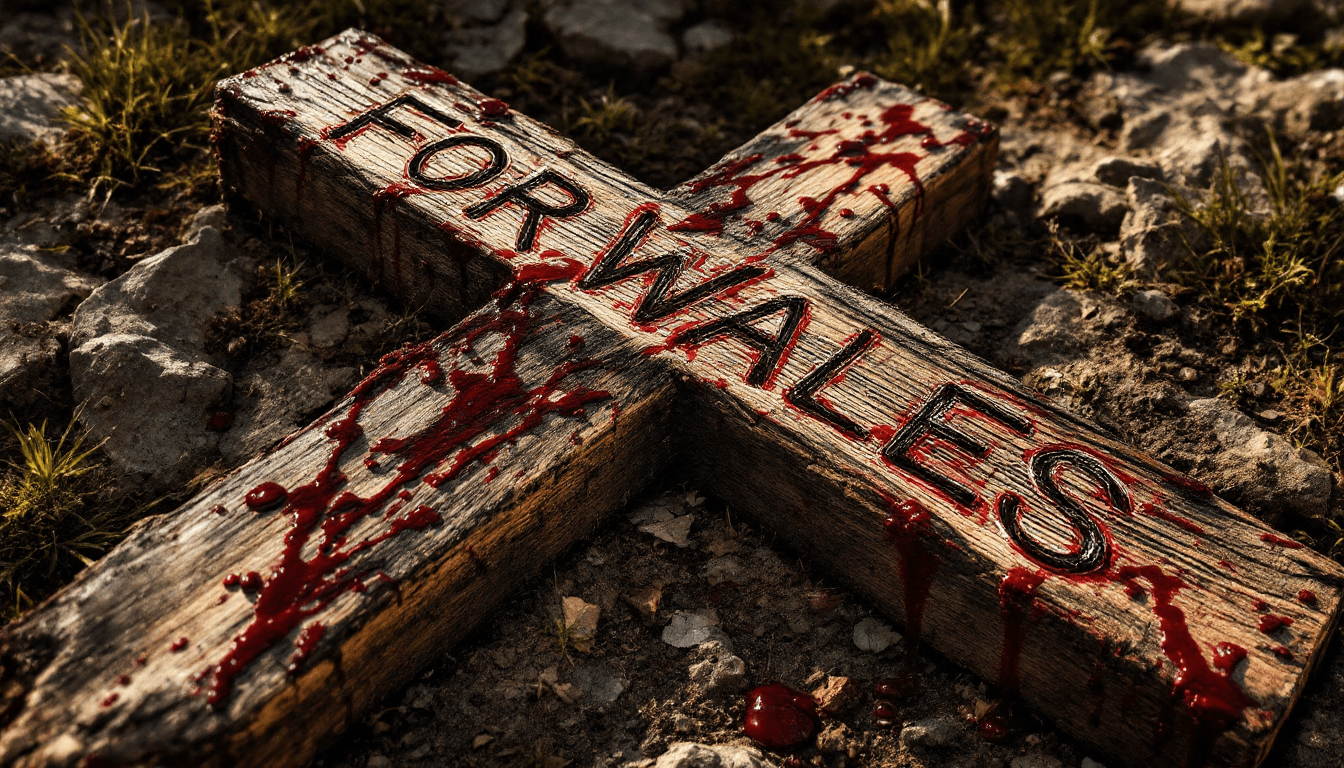A Call For The Church Of Wales To Repent From Spiritual Rot
The election of a practising lesbian as archbishop of the Church of Wales represents the most flagrant, blasphemous spiritual rebellion in the history of the global Anglican church. Paganised adultery with the world's sin, camouflaged as political "progress," is producing its inevitable fruit.






